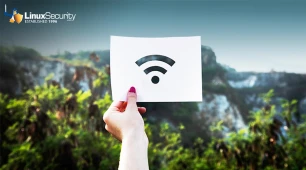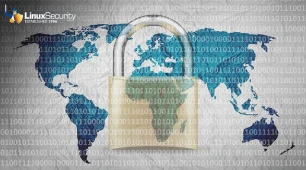There are laws in place regarding privacy and the confidentiality of student information. There are repeated concerns with students hacking into school data systems and modifying files. It is also a hot topic regarding having Internet content filtering within schools. We will be doing some comparisons between the United States and Canada in regards to these items. As well, funding always comes up in any conversation pertaining to the public school system, so this will be looked at too. Many decisions that are made are done within the confines of the available funding structure.
Enterprise network hardware
SANS We are all used to seeing large data centres located behind locked doors, maybe even several doors, with alarms; possibly even with a security guard out front. Some of you may have even encountered this setting before starting to actually work in the IT world. What these people were subscribing to even then, was Law #3 of the Ten Immutable Laws of Security. It states "If a bad guy has unrestricted physical access to your computer, it's not your computer anymore" (Microsoft).
However, much more than just the computer room portion of the data network needs to be secured. It extends to the other physical devices as well, such as the routers, hopefully located within a locked wiring closet, and with access for only a limited number of personnel.
The link for this article located at Sans Institute is no longer available.
















